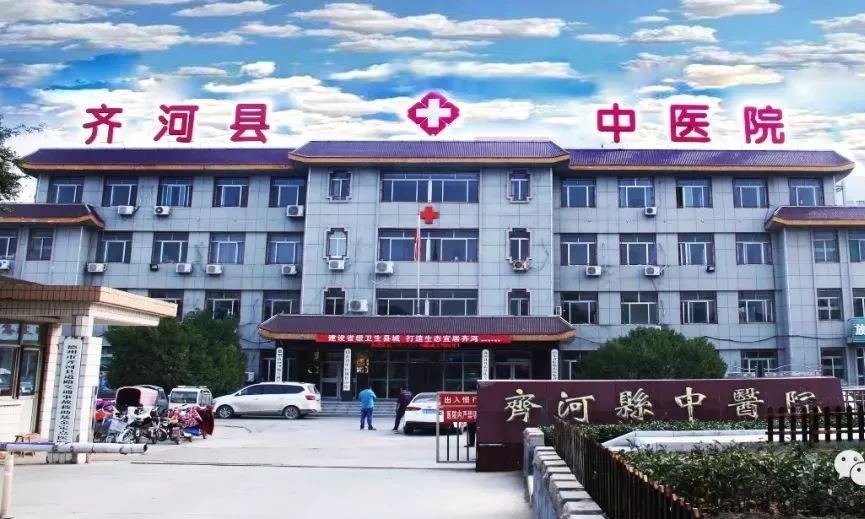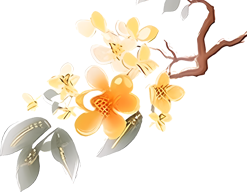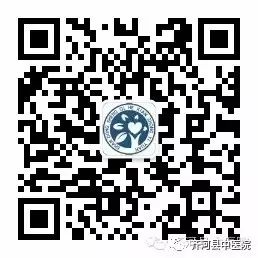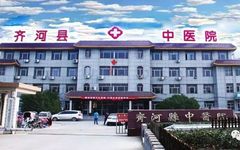Click the blue text above to follow us


When it comes to Traditional Chinese Medicine (TCM), what is your first thought? A doctor simply places their finger on the patient’s wrist, holds their breath, and moments later prescribes a remedy. However, if you truly understand TCM, you will realize that it is not that simple.
Observation (Wang Zhen): As the name suggests, this involves using the eyes to observe the body shape, mental state, complexion, tongue, and excretions.
Listening (Wen Zhen): This includes listening to sounds and smelling odors. Listening refers to examining the patient’s breathing, coughing, sneezing, and various other sounds; smelling refers to detecting the various odors emitted from the patient’s body, as well as from secretions and excretions.
Inquiry (Wen Zhen): This is a method of clinical information collection through direct verbal communication between the doctor and the patient.
Palpation (Qie Zhen): This involves the doctor using their fingers or palms to touch, feel, press, and apply pressure to certain areas of the patient to understand their condition.
Therefore, only by achieving a comprehensive diagnosis through the “Four Diagnostic Methods” can a correct and thorough diagnosis be made.
Source: Qihe Media
Editor: Xu Hui
Reviewer: Xu Shihai



Virtue, Skill, Heritage, Innovation
Caring for health, paying attention to TCM hospitals

